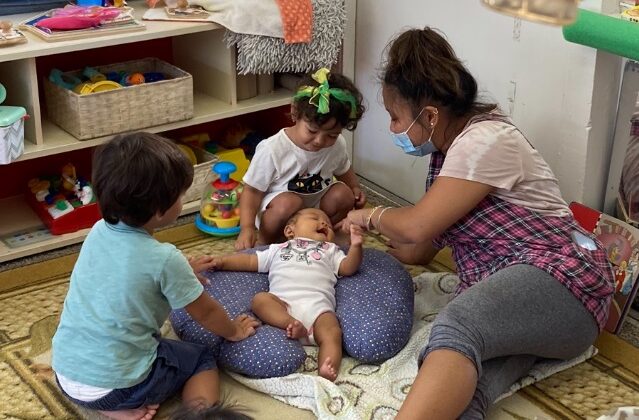Alignment to Professional Competencies
 Effective early childhood educators are critical for high-quality learning and care programs or services.
Effective early childhood educators are critical for high-quality learning and care programs or services.
As such, there is a nationally recognized core body of knowledge, skills, values, and dispositions that early childhood educators must know, understand, and demonstrate to effectively promote the development, learning, and well-being of all young children, birth through age 8. This is called Professional Standards and Competencies for Early Childhood Educators and it was adopted by NAEYC in 2019.
Subsequently, the faculty of ECE programs of the University of Hawaiʻi and Chaminade University are aligning courses and field experiences to these competencies.
These professional standards and competencies incorporate the latest science and research and address areas to enhance, including teaching subject matter-specific content, addressing stress and adversity, fostering socio-emotional development, promoting general learning competencies, working with dual language learners, and integrating technology into the curriculum.
These professional standards and competencies are based on recommendations from the Transforming the Workforce for Children, Birth Through 8, report and the Power to the Profession Unifying Framework’s early childhood educator distinctions I, II, III. These distinctions or levels acknowledge that there are foundational competencies for all ECE professionals and specialized competencies for each level.
Simultaneously, HCYC is updating and aligning our state’s E Mālama i Nā Keiki: Hawaiʻi’s Core Knowledge and Competencies for Early Childhood Care and Education Workforce, serving children, birth through kindergarten-entry age and their families with national standards.
More information about this effort will be available soon—make sure to check out our website for future updates!
